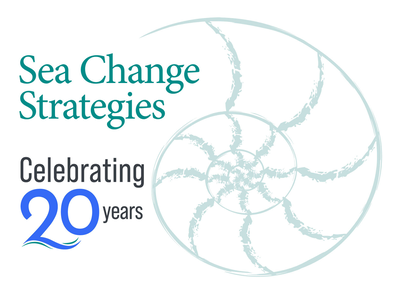What Price Authenticity?
Just like you I have personal friends. And when I get an email with the following opening, I have a visceral reaction:
From: Elis (personal)
Subject: RE: RE: FW: ALERT for you
Hey, friend: As you can see below, Ali and the rest of the team are nervous.
As it happens, some of my personal friends are named Ali, so before my critical brain can even assess what’s going on, my blood pressure is up.
And then concern for a possible friend in distress turns to extreme irritation as I read on:
We’ve still got about 400 more memberships to activate. Can you activate your membership before it’s too late?
Let’s unpack this.
The email is
- not
personal. Elis (if he even exists) is not a friend. And whoever Ali is, she’s not an Ali I know.
This raises a couple of questions.
First does this sort of deceit work? The answer, at least in the short term, is yes. It raises money, possibly lots of money.
Second, does this kind of hucksterism have long-term brand consequences? The answer is maybe, but no one seems to know for sure. Email lists can take an enormous amount of abuse without showing any obvious signs of fatigue.
Call us crazy and call us bad fundraisers, but we think this level of deception is wrong, whether or not there are consequences. A relationship built on lies has to be shaky.
Are you really ready to throw your reputation in the rubbish to make your quarterly numbers?
